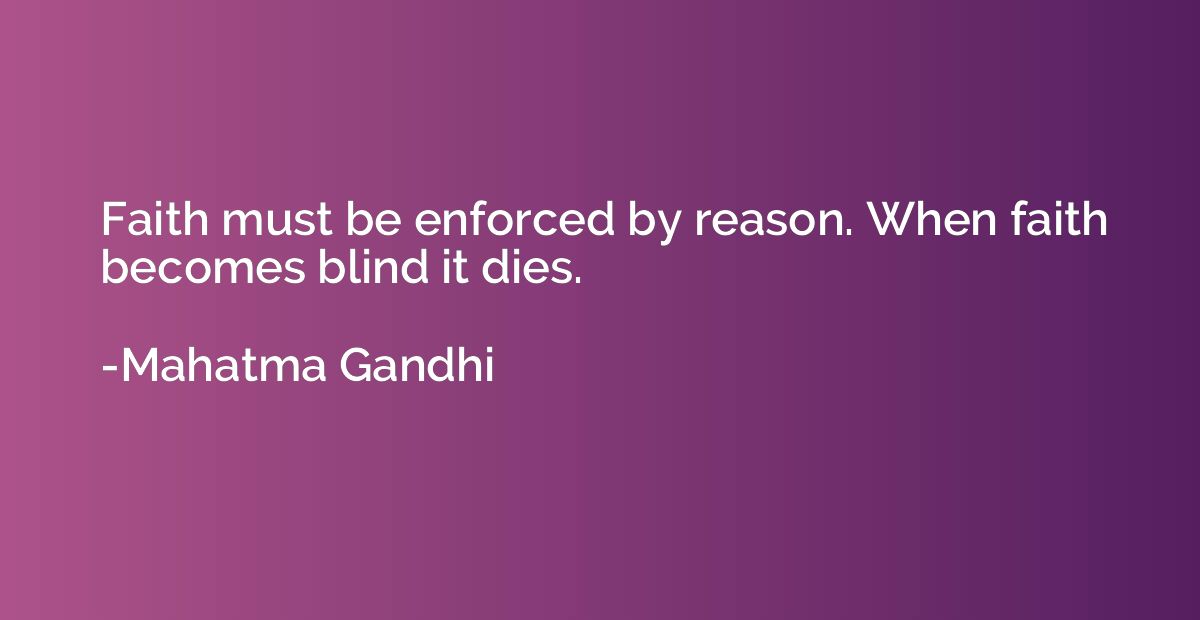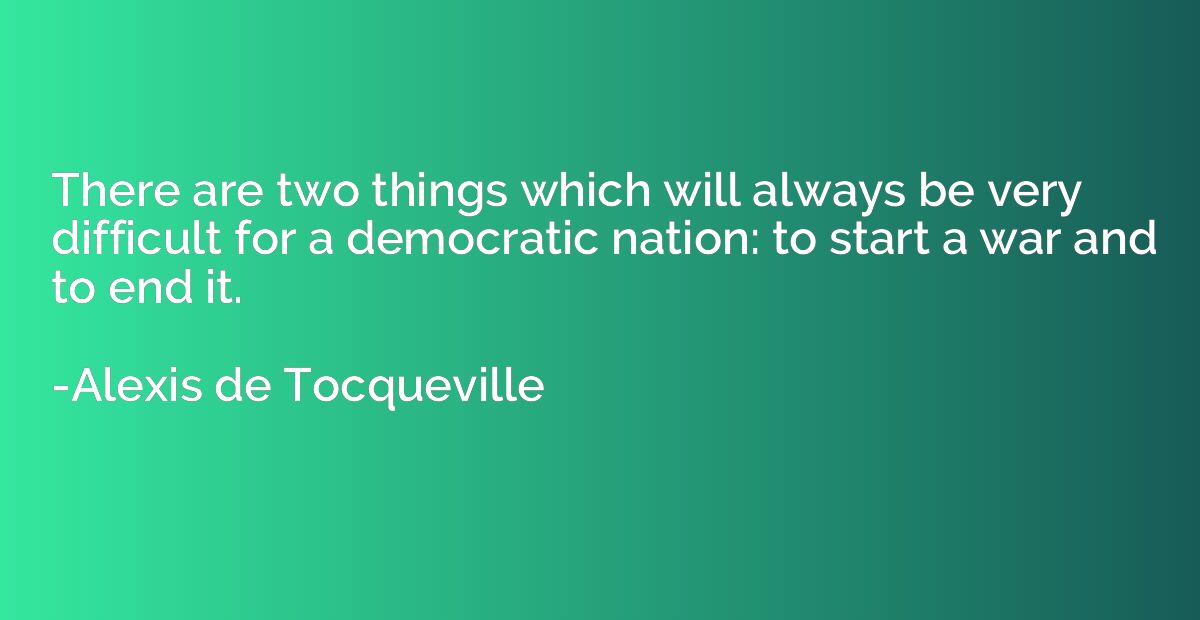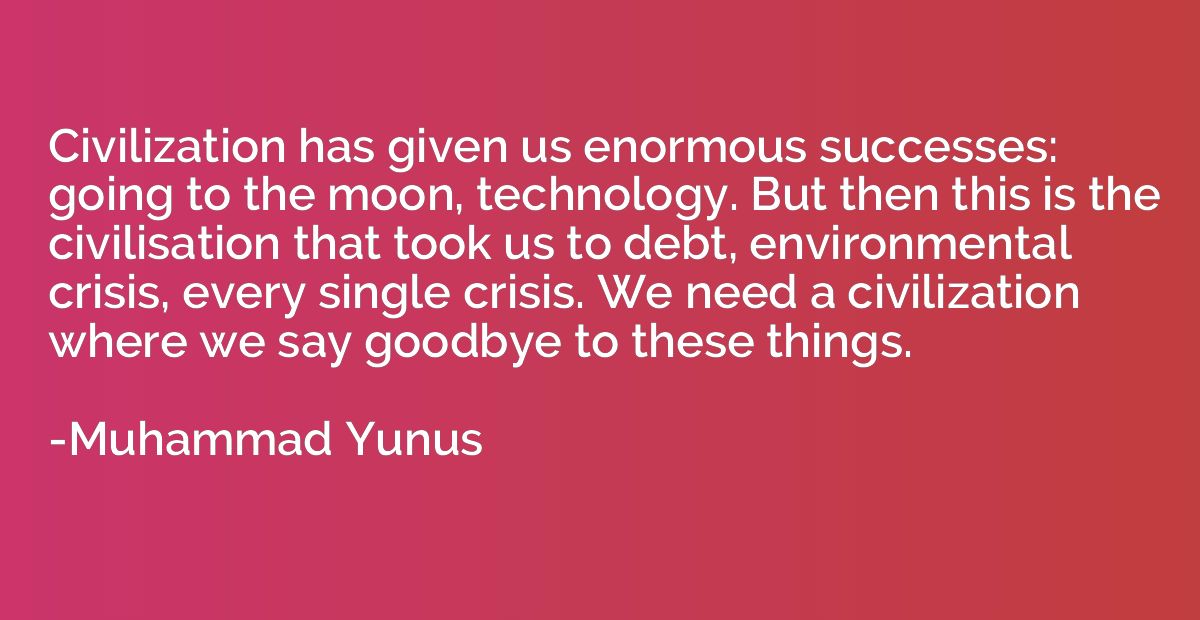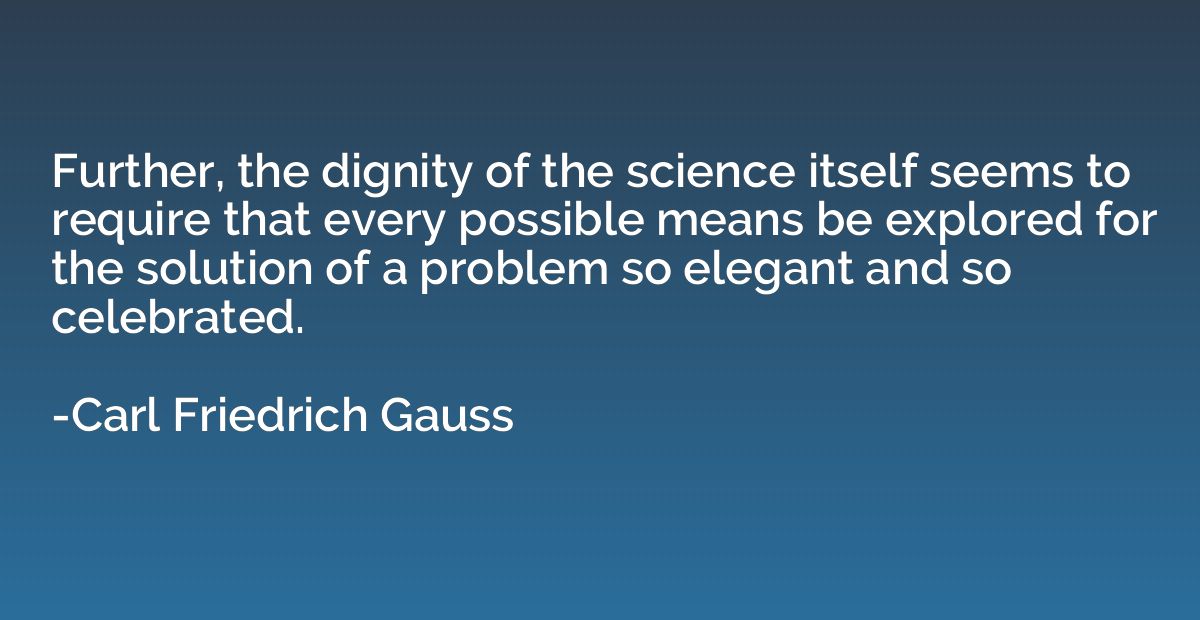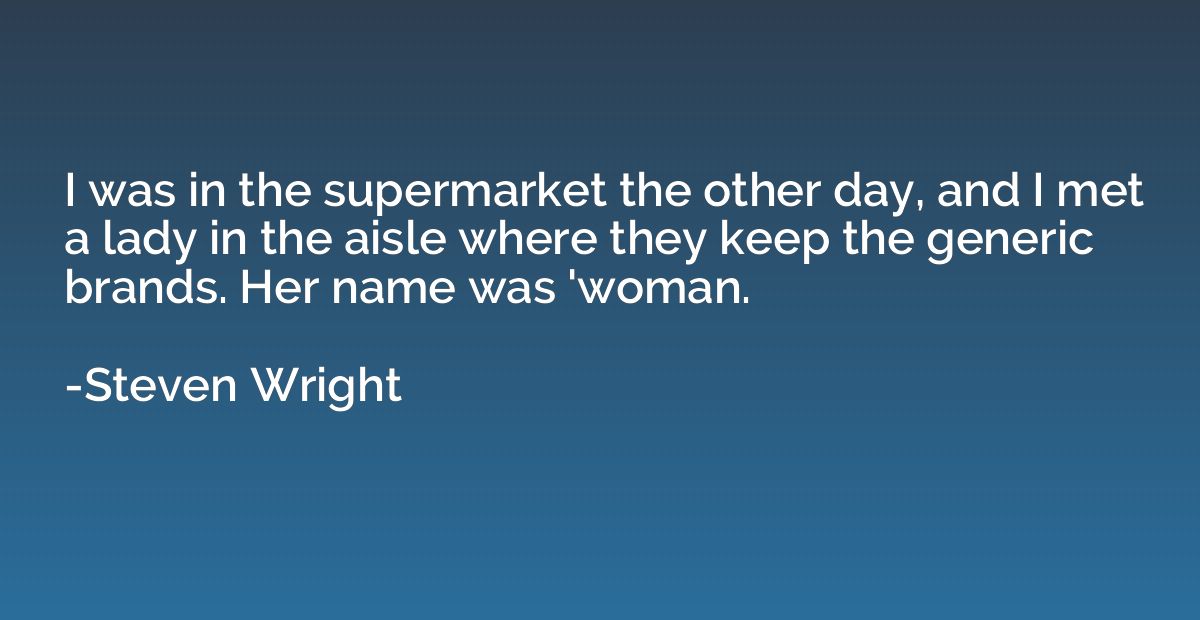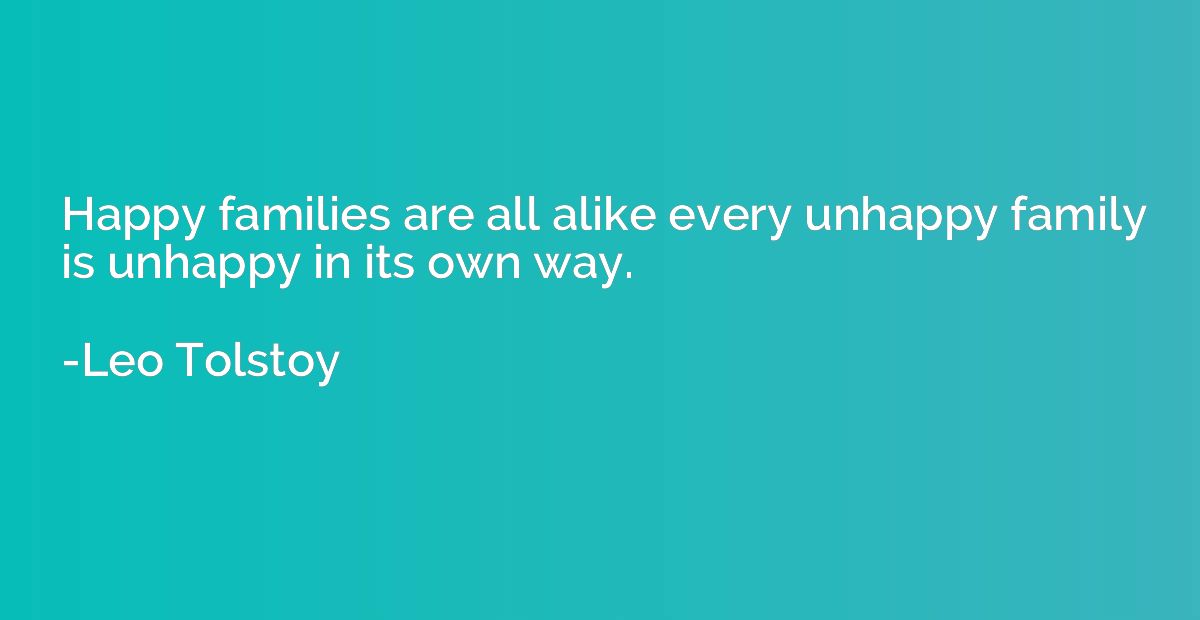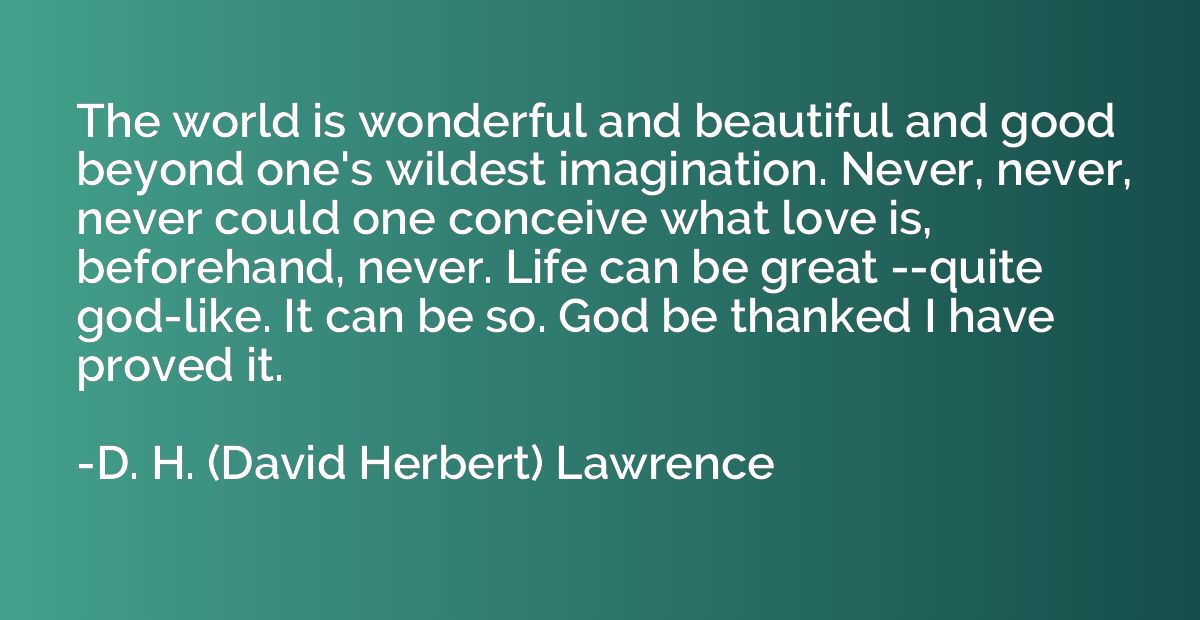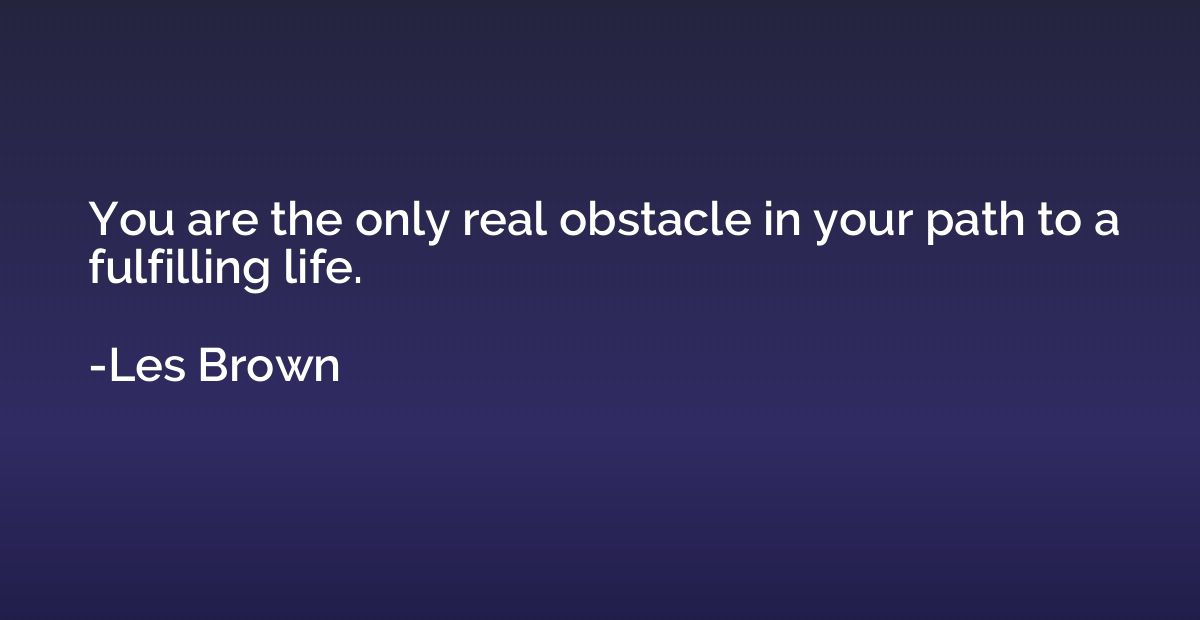Quote by Mario Puzo, Al Pacino as Michael
Michael: This used to be my father's old study -- it's changed. I remember there used to be a big desk, right here. I remember when I was a kid, Frankie, we had to be very quiet when we played near here. I was very happy that this house never went to strangers -- first Clemenza took it over, now you. My father taught me many things here -- he taught me in this room... (then, as Michael sits beside Pentangeli) He taught me -- keep your friends close but your enemies closer.
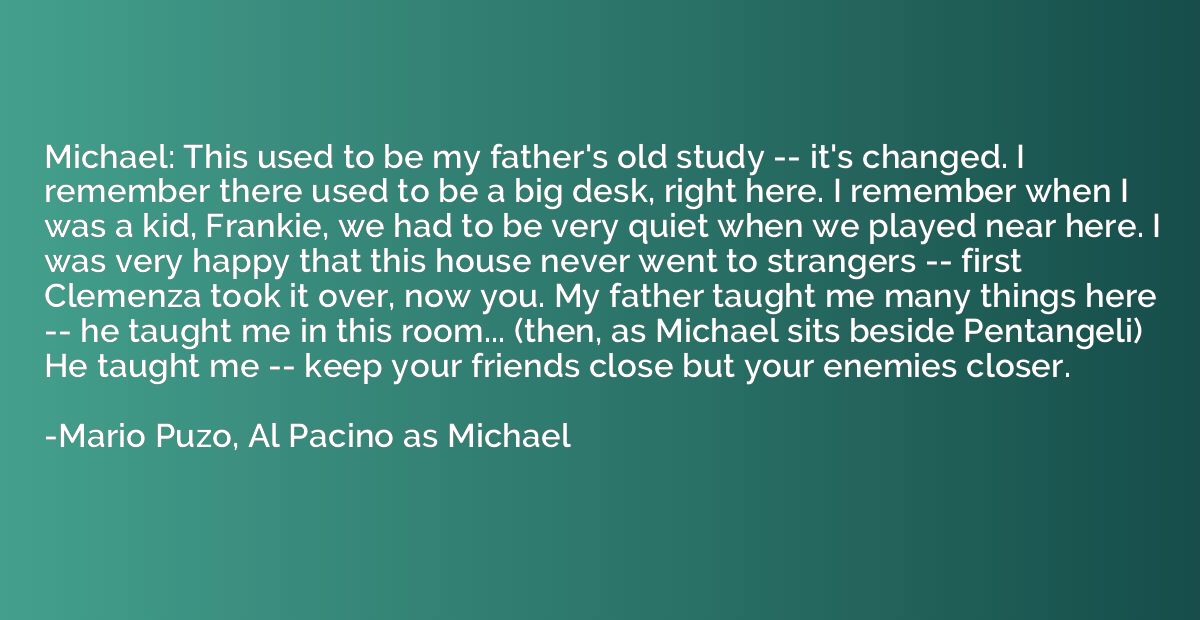
Summary
This quote from Michael in The Godfather Part II reflects his father's teachings and the significance of the study in their lives. Michael reminisces about his childhood memories in the room, where he learned valuable lessons from his father. The phrase "keep your friends close but your enemies closer" symbolizes the cunning strategies and mindset taught to him by his father. Michael's comment also serves to establish a connection to Frankie Pentangeli, highlighting how their shared experiences and relationship can help navigate the complex world of organized crime.




